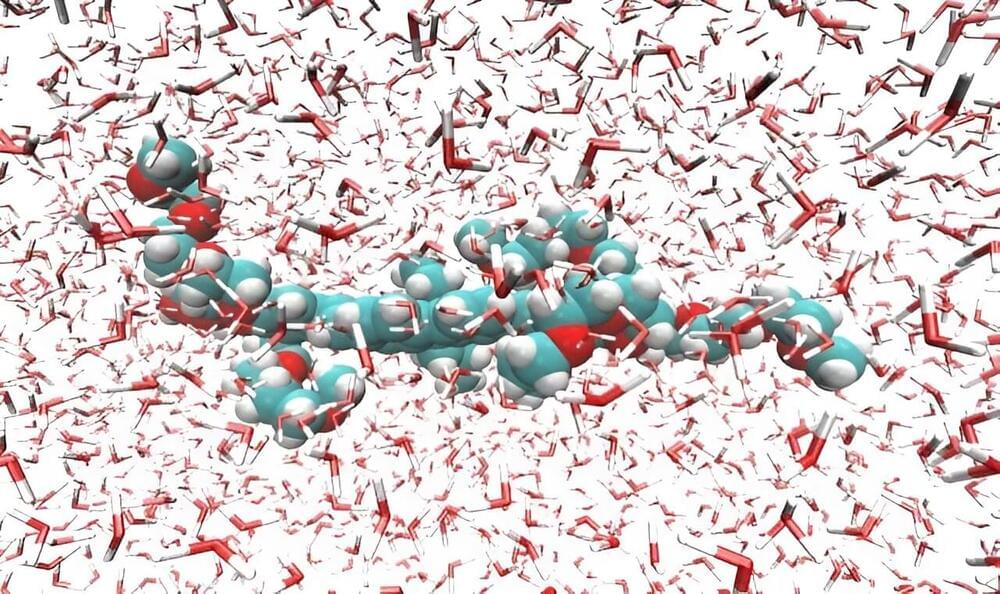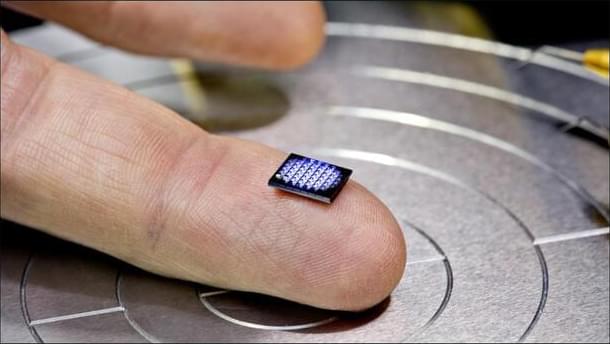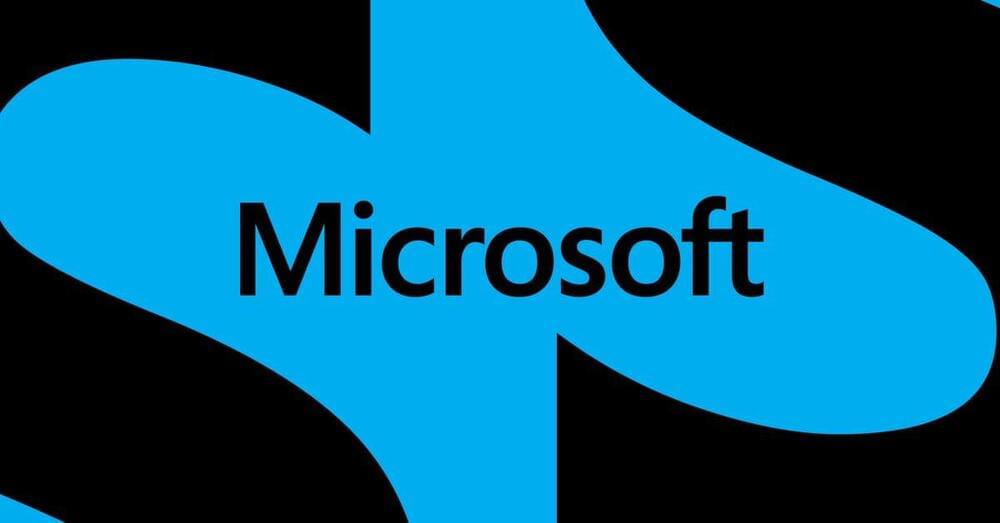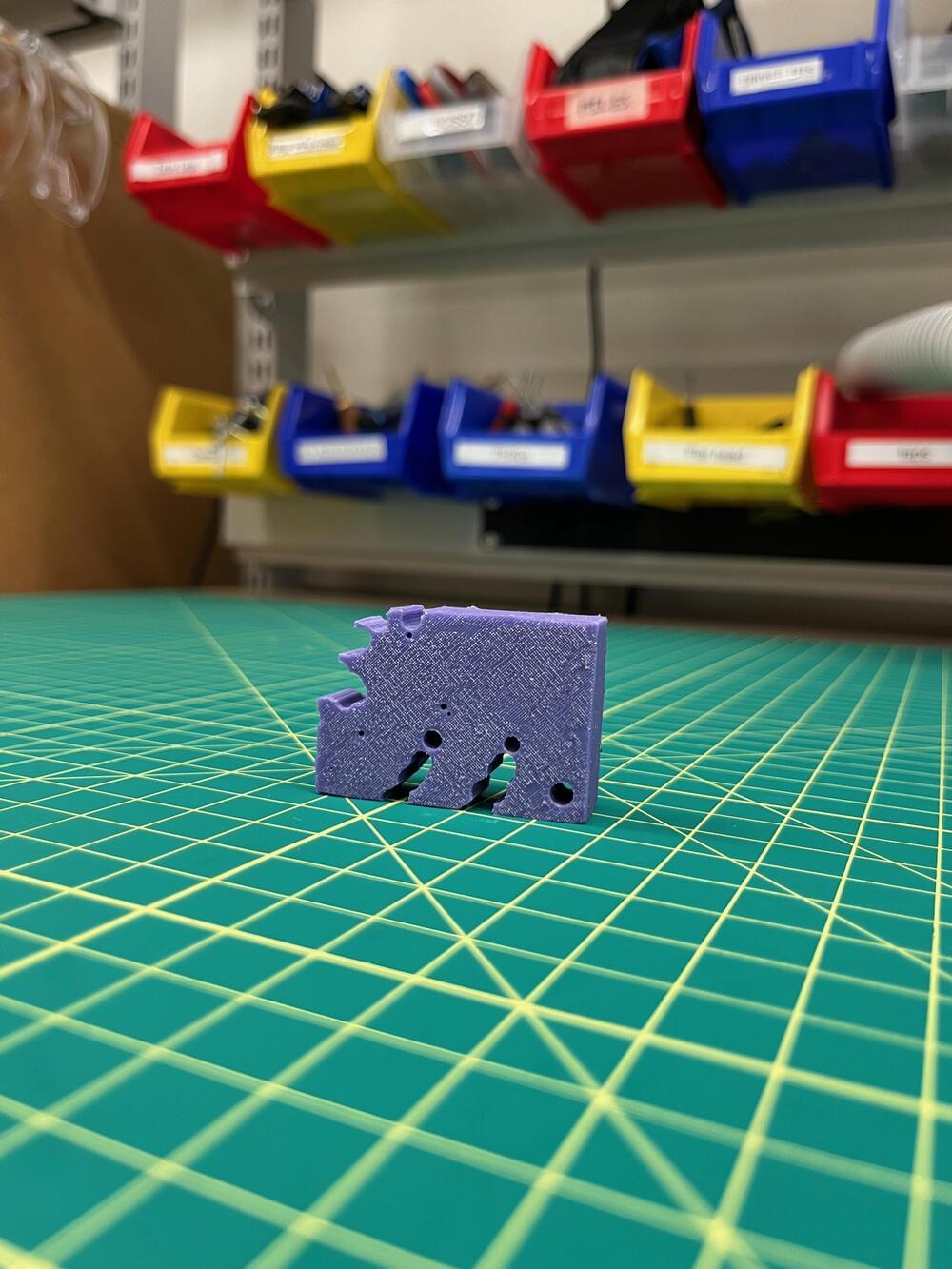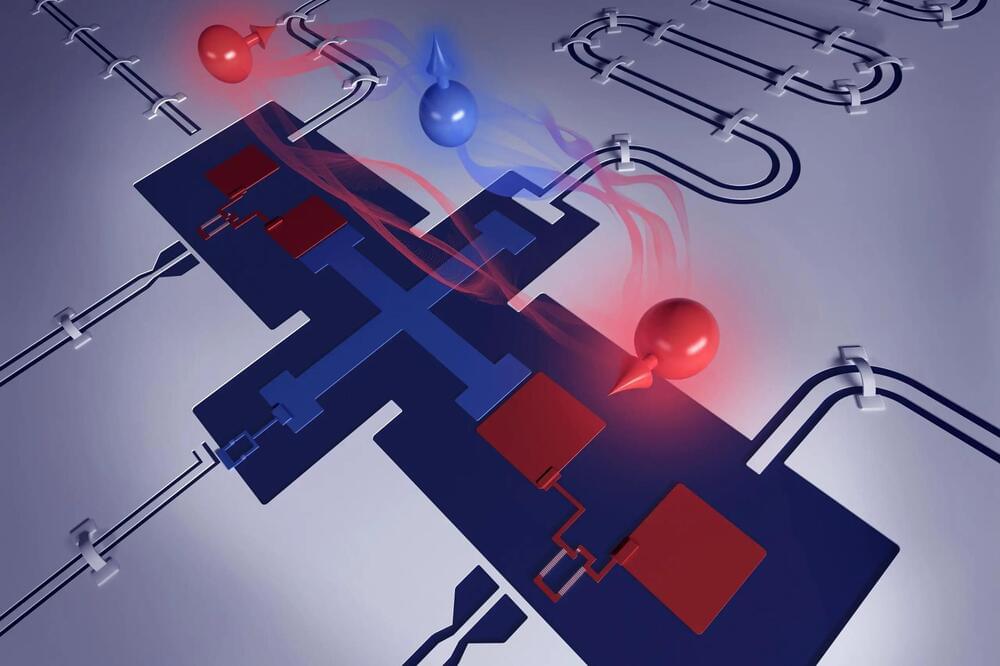Absorption spectroscopy is an analytical chemistry tool that can determine if a particular substance is present in a sample by measuring the intensity of the light absorbed as a function of wavelength. Measuring the absorbance of an atom or molecule can provide important information about electronic structure, quantum state, sample concentration, phase changes or composition changes, among other variables, including interaction with other molecules and possible technological applications.
Molecules with a high probability of simultaneously absorbing two photons of low-energy light have a wide array of applications: in molecular probes for high-resolution microscopy, as a substrate for data storage in dense three-dimensional structures, or as vectors in medicinal treatments, for example.
Studying the phenomenon by means of direct experimentation is difficult, however, and computer simulation usually complements spectroscopic characterization. Simulation also provides a microscopic view that is hard to obtain in experiments. The problem is that simulations involving relatively large molecules require several days of processing by supercomputers or months by conventional computers.
